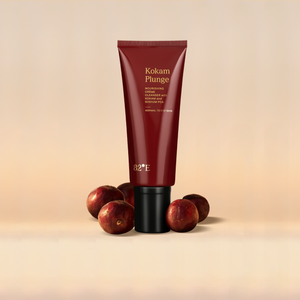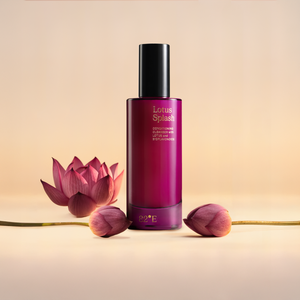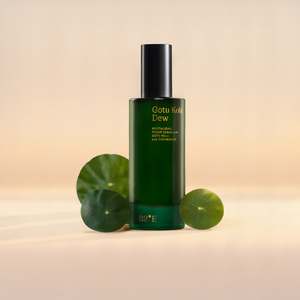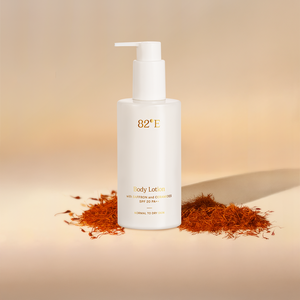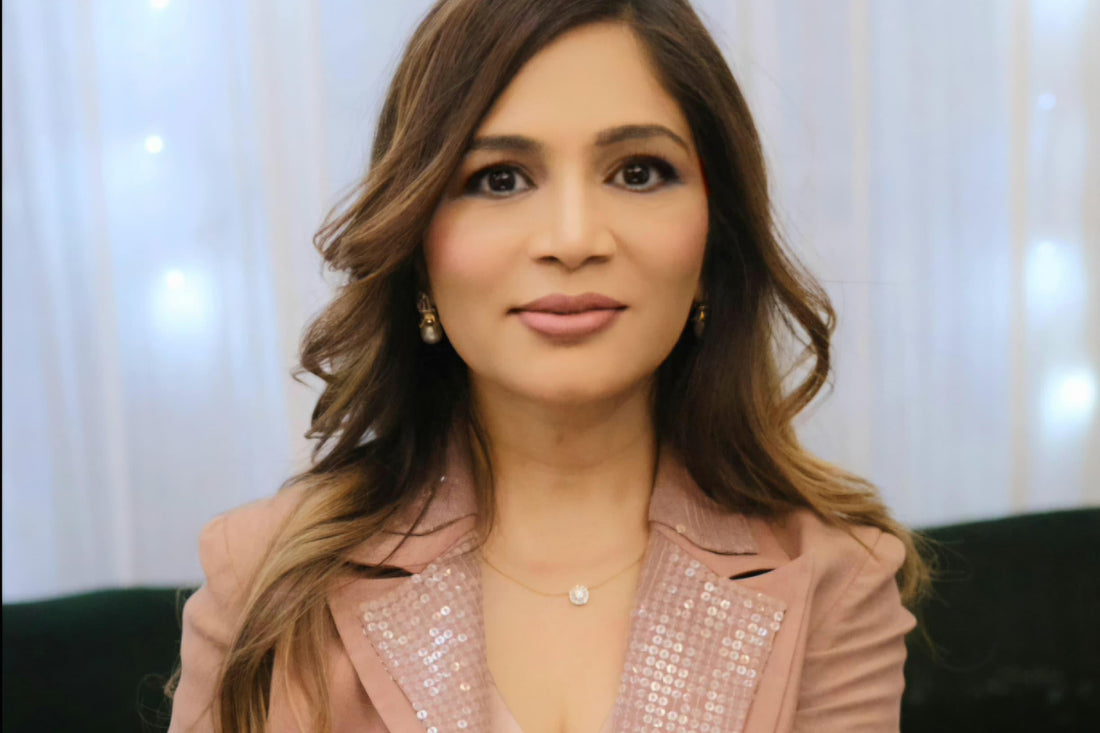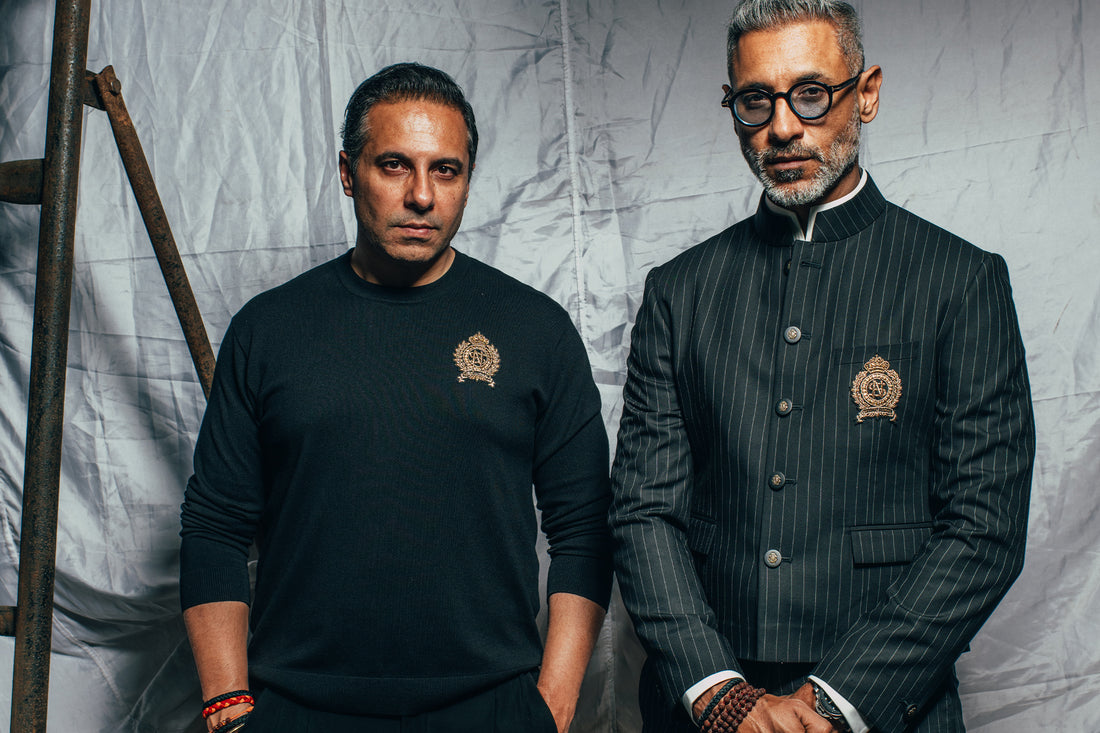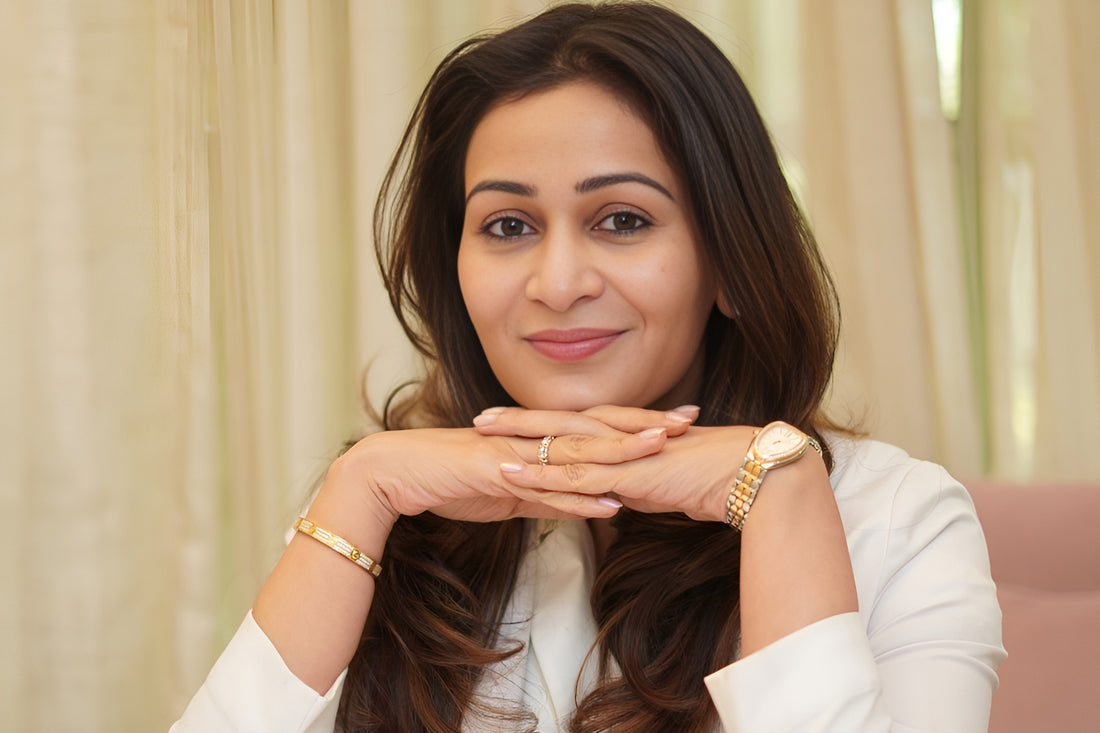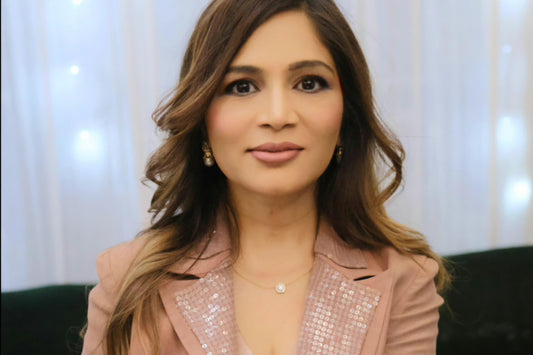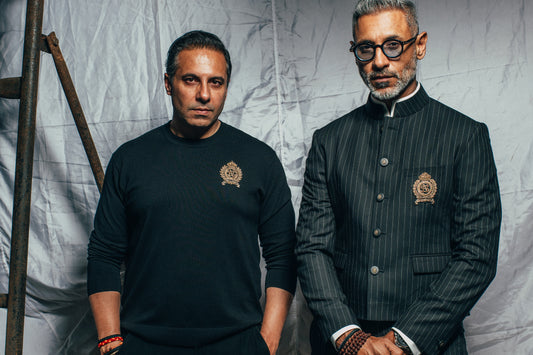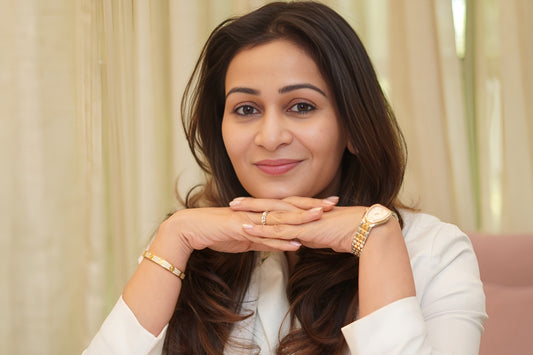
Do you find yourself wondering if you’re either working too hard or not enough? The balance between productivity and leisure can be hard to strike but is crucial for maintaining a healthy mind and body. The constant demands of a busy lifestyle can lead to stress, burnout, and a decline in overall well-being. However, with mindful choices and intentional actions, it's possible to find the right balance between your responsibilities and the leisure and self-care rituals you need to feel nourished and recharged.
What is Leisure?
Leisure is a broad term that encompasses activities and time spent outside of obligatory work, responsibilities, or other essential tasks. It includes any enjoyable pursuit that individuals engage in for personal fulfillment, relaxation, and entertainment. Leisure activities encompass hobbies, socializing, sports, reading, travel, and any other form of personal or communal enjoyment. Unlike work, which often involves specific duties and responsibilities, leisure is characterized by its intuitive nature, allowing individuals the freedom to choose how they spend their non-working hours.
Importance of Balancing Work and Leisure
The importance of balancing work and leisure lies in the holistic well-being it brings. Recognizing the significance of leisure time and consciously integrating it into one's life contributes to improved physical health, mental well-being, productivity, and overall life satisfaction.
How To Balance Work and Leisure
- Prioritize Leisure, Without Guilt: The leisure activities you enjoy are not a luxury; they are a necessity for a healthy and balanced life. Allocate time for activities that bring you joy and relaxation, whether it's reading a book, taking a nature walk, or indulging in a hobby. But it's also important to make a conscious effort to practice leisure wholeheartedly and without guilt—recognizing that this time is as valuable and beneficial to your mind and spirit as any conventionally productive activity.
- Leave Work at Work: Establishing clear boundaries between work and leisure is essential for maintaining a healthy balance. With the advent of technology, it's easy to be constantly connected to work through emails and messages. However, it's crucial to set specific work hours and stick to them. When the workday ends, disconnect from professional responsibilities and give yourself the mental space to unwind. Communicate your boundaries to colleagues and clients to manage expectations and reduce the likelihood of work encroaching on your time.
- Practice Mindfulness: Mindfulness is a powerful tool for cultivating a balanced and centered mindset. Incorporate mindfulness practices into your daily routine, such as meditation or deep breathing exercises. These practices can help alleviate stress, improve focus, and promote a sense of overall well-being. Take short breaks throughout the day to center yourself and be present in the moment: these pauses can enhance your ability to manage stress and prevent burnout.
- Plan it Out: Effective planning and organization are key components of a well-balanced life. Take the time to plan your work tasks and set realistic goals. By having a clear plan in place, you can optimize your work hours, leaving room for leisure activities. Additionally, organization extends to your personal life; plan leisure activities to ensure they are a part of your schedule and you can enjoy them without the stress of impending work tasks.
- Try Work-Life Integration: Rather than viewing work and leisure as separate entities, aim for a more integrated approach. Identify ways to blend aspects of your personal life into your work routine and vice versa. This could involve bringing elements of your interests into your work environment or finding work-related activities that align with your passions. By integrating work and leisure, you create a more holistic and fulfilling lifestyle, where both aspects complement each other, contributing to a healthier mind and body.
Achieving a balance between work and leisure is an ongoing process that requires conscious effort and commitment. Remember, balance is not a one-size-fits-all concept; it's about finding what works best for you and making intentional choices that contribute to your overall well-being.
